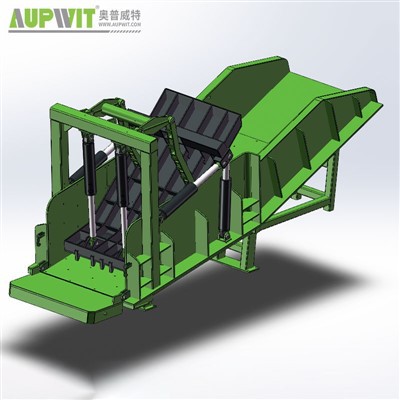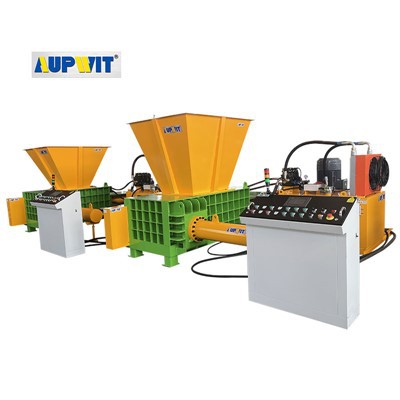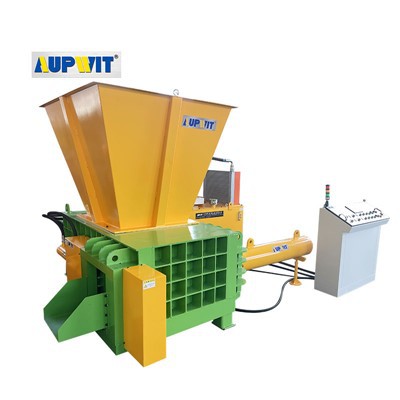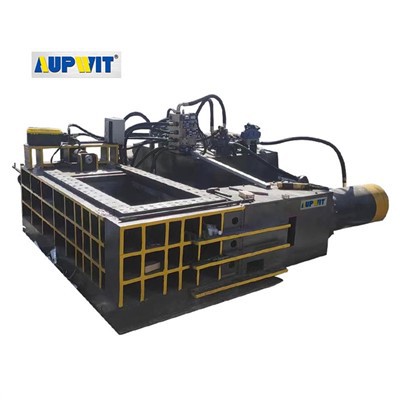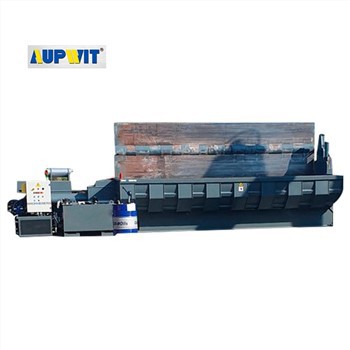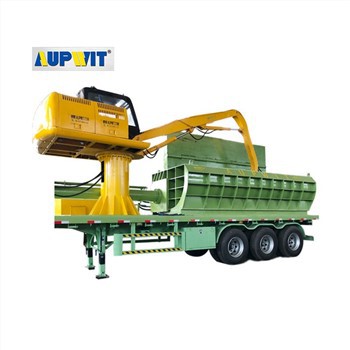Voltage Adaptation Solutions for Exporting Tire Balers
When exporting tire balers, choosing the right voltage adaptation solution is crucial to ensure the equipment operates smoothly in different regions. Here are key factors to consider.
1. Research Target Market Electrical Standards
First, research the target market's electrical standards. Different countries and regions have varying voltage levels and frequencies.
- Voltage ranges: 110V to 480V systems
- Frequency differences: 50Hz or 60Hz
- Single-phase vs three-phase power requirements
| Region | Voltage | Frequency |
|---|---|---|
| Europe | 3-phase 400V | 50Hz |
| United States | 480V | 60Hz |
| Japan | 200V | 50Hz/60Hz |
2. Voltage Transformer Solutions
One common solution is using voltage transformers. Step-up or step-down transformers can adjust the incoming voltage to the level required by the tire baler.
- Ensure transformer capacity matches baler requirements
- Select high-quality models with proper insulation
- Consider cooling requirements for transformers
3. Multi-Voltage Baler Options
Another option is selecting tire balers with built-in voltage-adjustable or multi-voltage capabilities.
- Automatic voltage-sensing technology
- Wider input voltage range (e.g., 100-480V)
- Built-in frequency conversion capabilities
4. Cost and Maintenance Considerations
Finally, consider the cost and maintenance of the chosen solution.
- External transformers require regular inspection
- Multi-voltage balers may have higher initial cost
- Factor in long-term maintenance expenses
By comprehensively evaluating these aspects, exporters can select the most suitable voltage adaptation approach for tire balers, ensuring seamless operation in international markets.


